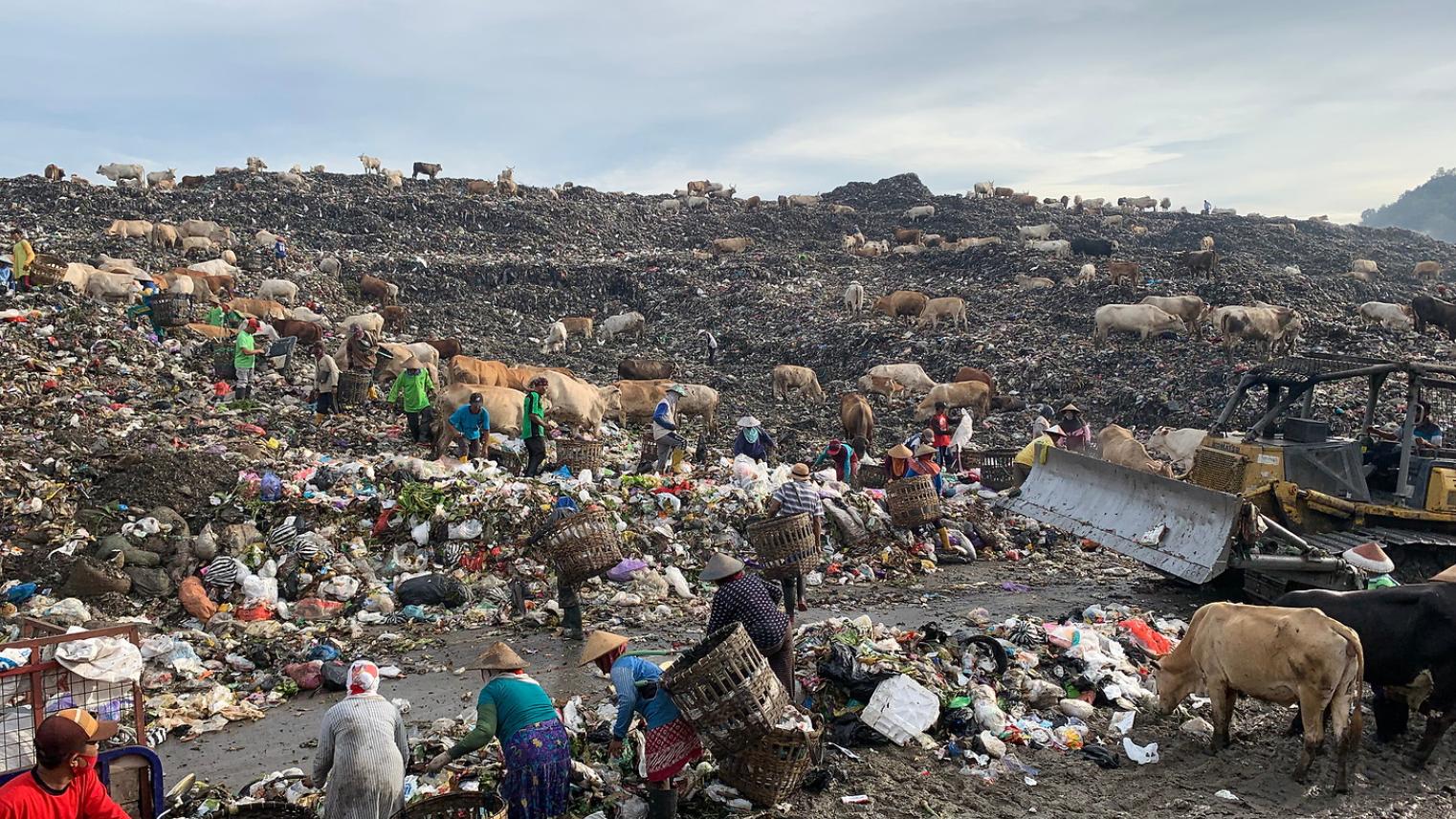This research focuses on the interplay between formality and informality in waste management and its impact on urban governance. It investigates how formal and informal waste systems interact in waste collection, transportation, and dumping systems in two cities in Indonesia: Yogyakarta and Surabaya. As a result of the government’s decentralization effort, it handed the authority to manage waste to local governments. Therefore, the outcomes of waste management primarily result from local waste governance. The findings show considerable variation in waste service provision, with Yogyakarta providing an example of an ineffective formal waste system, whereas Surabaya shows a better waste management outcome.
This research demonstrates the extent to which governing waste in both cities relies on informal actors, resources, and networks to varied degrees. This research also demonstrates how both formal and informal actors use informal practices, which include rent-seeking and clientelistic practices, as strategies to clean the city. Thus, factors shaping waste governance include the interaction and negotiations between local governments and non-government waste actors (including waste pickers, intermediate waste buyers, citizens, and private companies), the nature of local political competition, and the local economic foundation. As well as throwing light on how formality and informality work in waste governance, this research provides a better understanding of how local governance regimes work within the national context and their impact on public service delivery outcomes.
About the speaker
Nur Azizah is a Ph.D. candidate in the Department of Political and Social Change. She has an M. Sc in Urban Governance and Management from the Institute of Housing and Urban Development Studies, Erasmus University, Rotterdam, The Netherlands, and a BA in Government Studies from the University of Gadjah Mada, Yogyakarta, Indonesia. Prior to studying for her Ph.D., she worked at the Department of Politics and Government Studies, Universitas Gadjah Mada, Indonesia.
This seminar will investigate how formal and informal waste systems interact in waste collection, transportation, and dumping systems in two cities in Indonesia: Yogyakarta and Surabaya.
